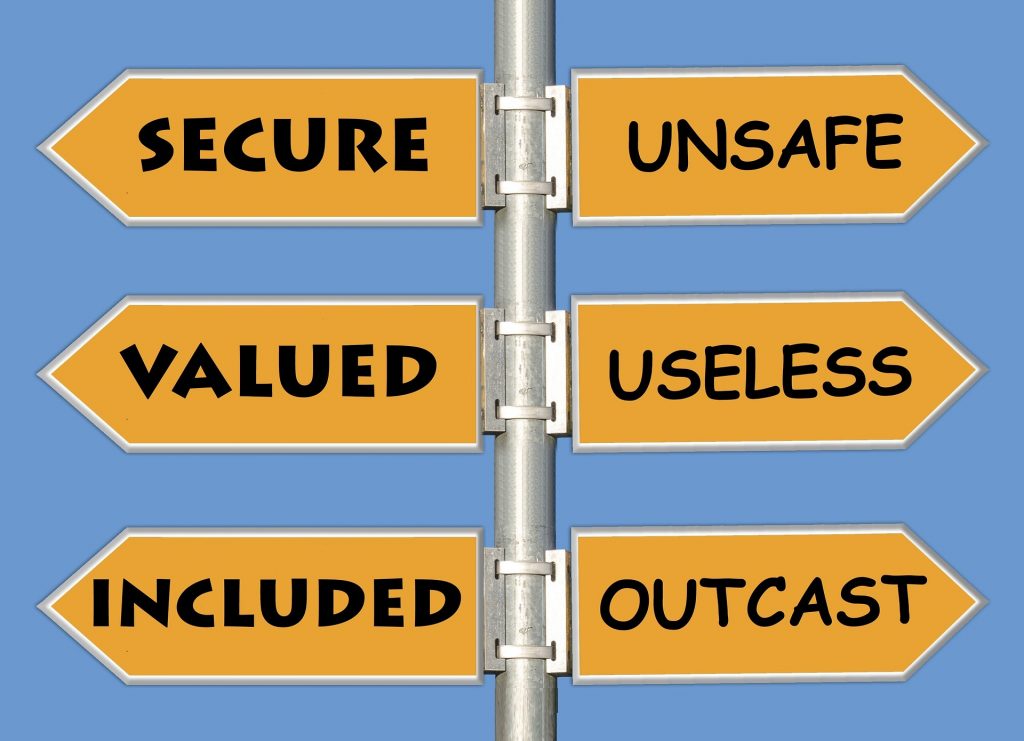In the current fast-paced society, the capacity to make solid choices is increasingly crucial than ever. Whether in personal matters, at the workplace, or in the wider context of communities, our decisions can have profound impacts on our lives. While many rely heavily on data and analytical thinking, there is a increasing recognition of the invaluable role that instinct plays in decision-making. Often described as a gut feeling, this inner sense can lead us in moments when time is short or when the information available is insufficient.
Understanding the relationship between intuition and logic is crucial for mastering the skill of smart decision-making. Intuitive insights can act as a powerful addition to structured decision-making frameworks, providing a balance between emotional intelligence and rational thought. By learning how to harness this inner wisdom, we can enhance our decision-making skills and navigate life's challenges with increased confidence. In this piece, we will explore different techniques to refine our decision-making processes and uncover the psychology behind great choices, empowering readers to trust their gut while also relying on critical thinking.
Comprehending Insight in Decision-Making

Instinct is frequently defined as a sixth sense that informs our options omitting the requirement for lengthy analytical thought. It operates below the facade of our cognitive thought, leveraging our previous encounters, understanding, and feelings responses to arrive at decisions rapidly. This implicit mechanism permits individuals to take decisions promptly, which can be particularly advantageous in pressured circumstances where logical thinking may result in overthinking.
Investigations in social science shows that intuition can considerably boost decision-making, as it utilizes our natural skill to assess situations based on body language and feelings. However, counting entirely on instinct can be deceptive, particularly if our emotions or prejudices distort our evaluation. Finding the proper balance between intuition and rational thinking is necessary for reliable choices, notably in critical contexts.
Recognizing the importance of instinct requires comprehending its benefits and limitations. While it can lead to rapid and effective choices, it is important to foster self-awareness and critical thinking. By considering website and recognizing the fundamental emotional aspects, individuals can enhance their gut competencies and augment their decision-making processes. This integration of intuition and logical thinking fosters higher confidence in the decisions we take, ultimately resulting in greater favorable results.
Techniques to Improve Decision Making Skills
Developing decision making abilities starts by articulating your objectives and understanding the context of your choices. Spend the time to determine what you really want to achieve prior to considering your options. This understanding not only streamlines the decision making process and also helps you coordinate your choices with your principles. Think about creating a visualization board or documenting your objectives to ensure your focus clear. By defining specific objectives, you will be well-prepared to identify which choices truly benefit your best interests.
One beneficial technique to improve decision making is to utilize a systematic decision making system. This could involve applying tools such as the strengths-weaknesses-opportunities-threats analysis to assess the advantages, weaknesses, opportunities, and threats related to your options. As another option, you might use the decision-making matrix or a cost-benefit analysis to consider the pros and cons in a structured manner. By utilizing these techniques, you can lessen emotional bias and enhance your thought process, thus culminating in more well-founded and sensible decisions.
Finally, engage in awareness in your decision-making approach. Pausing to a moment to stop and think prior to making choices allows you to connect with your instincts while also evaluating the circumstance with a clear mind. Techniques such as deep breathing or mental visualization can help you stay focused and reduce anxiety. By integrating awareness, you establish room for both intuition and reason to play a role, boosting your ability to make confident decisions during challenging circumstances.
Balancing Instincts and Logical Analysis
In making decisions, instinct often serves as a useful guide, drawing on our subconscious understanding and experiences. It allows for quick decisions and can be particularly beneficial in situations where time is limited. However, relying solely on intuitive insights can sometimes lead to flaws, especially in complex scenarios. Therefore, it is crucial to combine gut insights and analytical thinking to arrive at well-rounded decisions.
Logical thinking involves analyzing data, examining evidence, and considering various outcomes based on logic and reasoning. This method provides a structured framework to dissect options and weigh the pros and cons, which is important when decisions carry major consequences. By combining analytical processes and gut feelings, individuals can enhance their decision making capabilities, ensuring that their choices are both timely and substantiated by pertinent information.
To successfully balance these approaches, one can begin by validating their gut instincts while also committing to a methodical evaluation of the situation. Devoting dedicated time to examine the aspects of each decision can help clarify thoughts and foster mental clarity. This synergistic relationship between intuition and logical thinking not only cultivates confidence in decision-making but also fosters a deeper understanding of the choices at hand, leading to improved outcomes.
